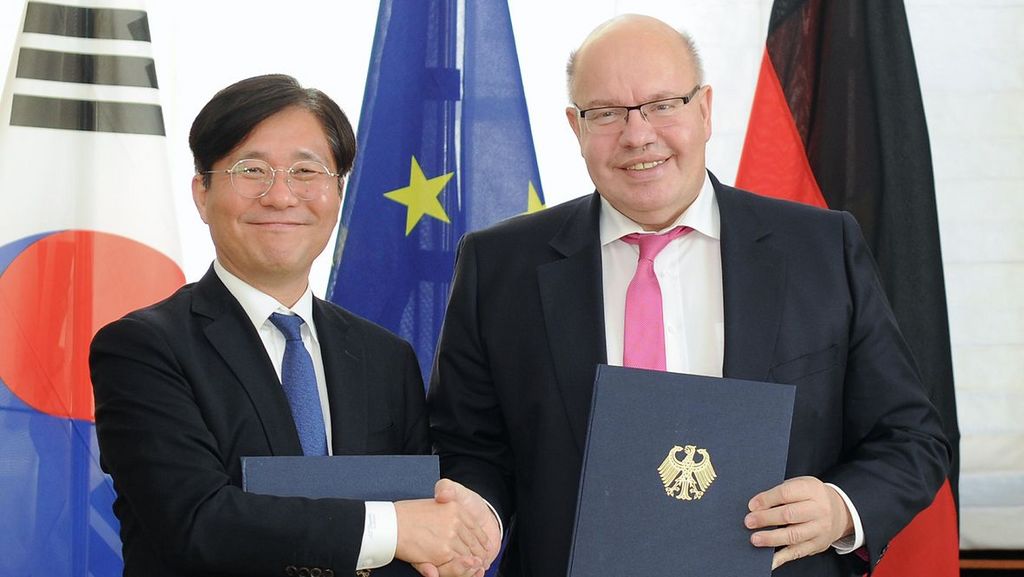Contact
Jana Narita
Senior Manager
Korean-German Energy Partnership Team, adelphi
adelphi
Alt-Moabit 91
10559 Berlin
Germany
☎ +49 (30) 89 000 68 - 361
fax +49 (30) 89 000 68 - 10

Ji-Hee Jeong
Senior Manager Energy projects, German Energy Solutions Initiative, the smarter E
Trade Services
KGCCI & KGCCI DEinternational Ltd. (AHK Korea)
8F, Shinwon Plaza
85, Dokseodang-ro, Yongsan-gu
Seoul 04419
Republic of Korea
☎ +82-2-37804-690
fax +82-2-37804-637

- Home
- Energy Partnership
- About
- Media Elements
-
Energy Partnership
- Facts & Figures
- About the Energy Partnership
- Milestones
- Our Offer
- Events
- Media Elements
- Get in touch
- Partners

